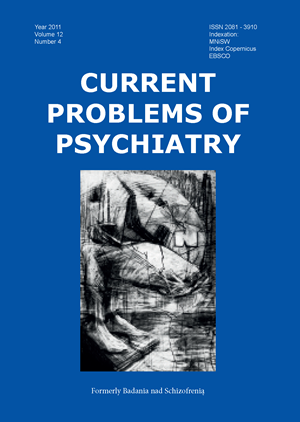Contexts of the “Mottainai” Concept
Słowa kluczowe:
Mottainai, regret, JapanAbstrakt
This article aims to analyze the Japanese concept of “Mottainai” and its possible new application.
Bibliografia
1. Abraham C., Sheeran P. Deciding to exercise: The role of anticipated regret. B. J. Heal. Psychology, 2004; 9: 269-278.
2. Austin J.L. How to Do Things with Words: The William James lectures delivered at Harvard University in 1955 / ed. by J. O. Urmson and Marina Sbis{. Oxford: Oxford University Press; 1990
3. Kawanisii Y., http://m.npr.org/news/front/14054262?single-Page=true
4. Koujien (dictionary).
5. Kroll J., Egan E. Psychiatry, moral worry, and moral emotions. J. Psychiatric Practice, 2004; 10: 352-360.
6. Morgan S.E., Stephenson M.T., Harrison T. R., Afifi W. A., Long S.D. Facts versus “feelings”: How rational is the decision to become an organ donor? J. Heal. Psychology, 2008; 13: 644-658.
7. O’Carroll R.E., Foster C., McGeechan G., Sandford K. “The “ick” factor, anticipated regret and willingness to become an organ donor”, Health Psychology (in press), 2011.
8. Richard R., van der Pligt J., de Vries N.K. Anticipated affective reaction and prevention or AIDS. B. J. Soc. Psychology, 1995; 34: 9-21.
9. Shinju M. Mottainai Grandma. Tokyo: Koudansha; 2005. http://mottainai.com/e/book/
Pobrania
Opublikowane
Numer
Dział
Licencja
Prawa autorskie (c) 2011 Autorzy

Praca jest udostępniana na licencji Creative Commons Attribution-NonCommercial-NoDerivatives 3.0 Unported License.


